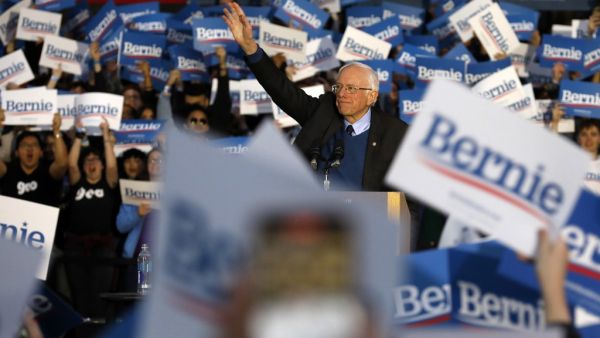US Senator Bernie Sanders has suspended his presidential campaign, his team said Wednesday, clearing the way for rival Joe Biden to become the Democratic nominee to challenge Republican incumbent Donald Trump in November.
Sanders, a 78-year-old leftist who challenged Hillary Clinton for the nomination in 2016, was holding a staff conference call on Wednesday when he "announced that he is suspending his campaign for president," his aides said in a statement.
Sanders, who mounted a formidable challenge to Biden in the 2020 race, became the frontrunner early this year only to be eclipsed by a surging former vice president, who holds a substantial lead in the all-important race for delegates who choose the nominee.
Sanders initially exceeded sky-high expectations about his ability to recreate the magic of his 2016 presidential bid, and even overcame a heart attack last October on the campaign trail.
But he found himself unable to convert unwavering support from progressives into a viable path to the nomination amid "electability" fears fueled by questions about whether his democratic socialist ideology would be palatable to general election voters.
Sanders, though, used strong polling and solid fundraising — collected almost entirely from small donations made online — to more than quiet early doubters.
Like the first time, he attracted widespread support from young voters and was able to make new inroads within the Hispanic community, even as his appeal with African Americans remained small.
This article has been adapted from its original source.








